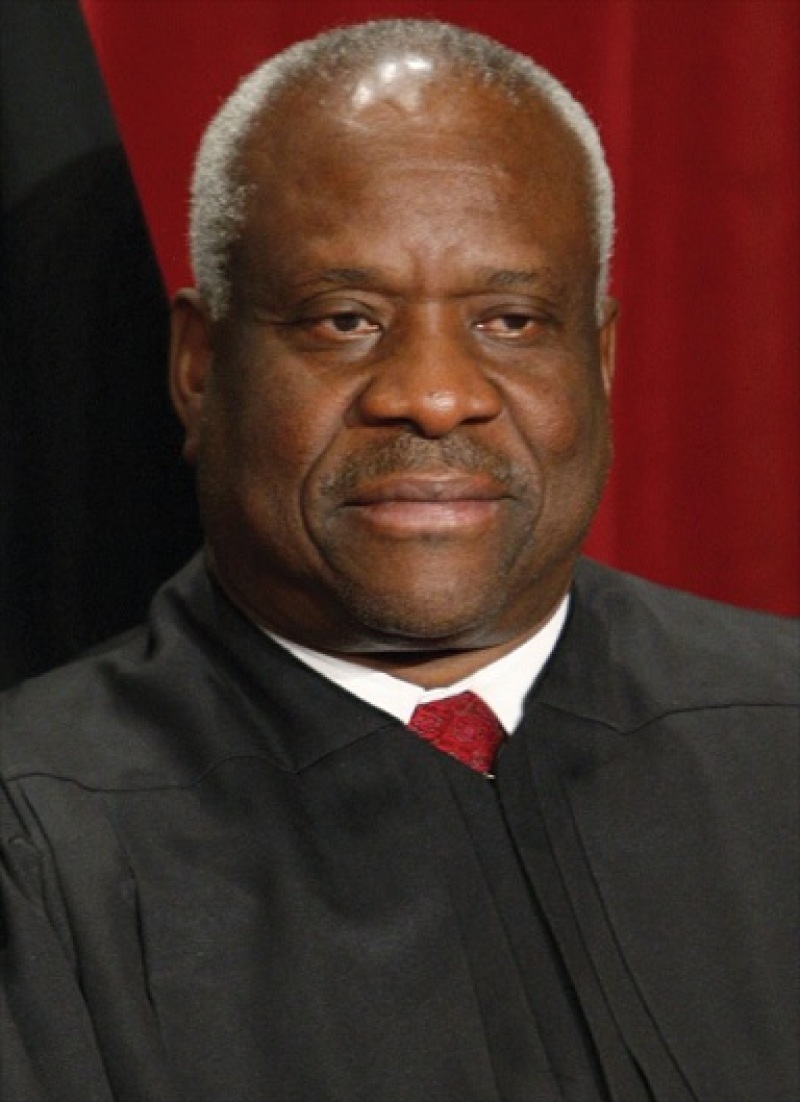
United States Supreme Court Associate Justice Clarence Thomas highlighted their responsibility to review precedents on protections for contraception, same-sex relationships, and same-sex unions in the concurring opinion he submitted in line with the recently-released decision overturning Roe v. Wade.
CBS Boston reported that the Supreme Court could also revisit other key cases but would require the creation of laws that ban same-sex unions and contraception. The media outlet explained that Justice Thomas mentioned this possibility since the Supreme Court's majority opinion on Friday was only on Roe v. Wade, a precedent on abortion access in the country. However, the same majority opinion provides the possibility for the said cases to be reviewed.
A Re-Evaluation of Precedent Cases
Church Leaders explained that the issues Thomas mentioned were dealt with in the cases. Griswold v. Connecticut protects the use of contraception from government restrictions. While Lawrence v. Texas declared unconstitutional laws against sodomy. The Obergefell v. Hodges case, on the other hand, made same-sex unions a fundamental right. All these cases revolve around equality and race.
Thomas, who was commended last week by liberal Justice Sonia Sotomayor as a judge with authentic compassion for others, cited the 14th Amendment's Due Process Clause as the basis of these other cases in need of review. The said clause, Thomas said, does not secure any substantive rights and extensively does not secure any constitutional right that, through a line of reasoning, was previously granted it, in the same way it did to abortion access.
Substantive due process, as per NBC News, pertained to a constitutional law term that allows the court to protect certain rights despite such rights not explicitly mentioned in the Constitution. Interpretation of such rights includes matters of love and intimacy, as well as, sex though these were not identified in the Constitution.
Also Read: Justice Sotomayor Regards Clarence Thomas As Compassionate Friend Despite Differences
"For that reason, in future cases, we should reconsider all of this Court's substantive due process precedents, including Griswold, Lawrence, and Obergefell. Because any substantive due process decision is 'demonstrably erroneous'...we have a duty to 'correct the error' established in those precedents," Thomas said.
"After overruling these demonstrably erroneous decisions, the question would remain whether other constitutional provisions guarantee the myriad rights that our substantive due process cases have generated. For example, we could consider whether any of the rights announced in this Court's substantive due process cases are 'privileges or immunities of citizens of the United States' protected by the Fourteenth Amendment," he continued.
Justice Thomas On Unenumerated Rights
Thomas explained that there is a need to decide on important antecedent questions on protection clauses including Immunity and Privileges that are not stipulated in the Constitution. These clauses would be a basis to identify rights, which although unenumerated, the court conclusively decided did not demonstrate abortion as one of them "under any plausible interpretive approach."
Boston College Law School's Daniel Farbman elaborated in an interview with CBS said this meant that the same logic used to define abortion as an unconstitutional right would be the same logic used for same-sex marriage and contraception.
Thomas previously raised that the draft majority opinion leaked to the public by Politico in May has changed the Supreme Court in many ways. For one, Thomas stressed that the leak has broken the trust in the country's judiciary system forever. The draft leak reportedly does not look exactly the same as the majority opinion similarly written by Associate Justice Samuel Alito but did concur on the same thoughts and direction regarding Roe v. Wade.
Related Article: Justice Clarence Thomas Reveals How Supreme Court Changed Following Draft Leak


















